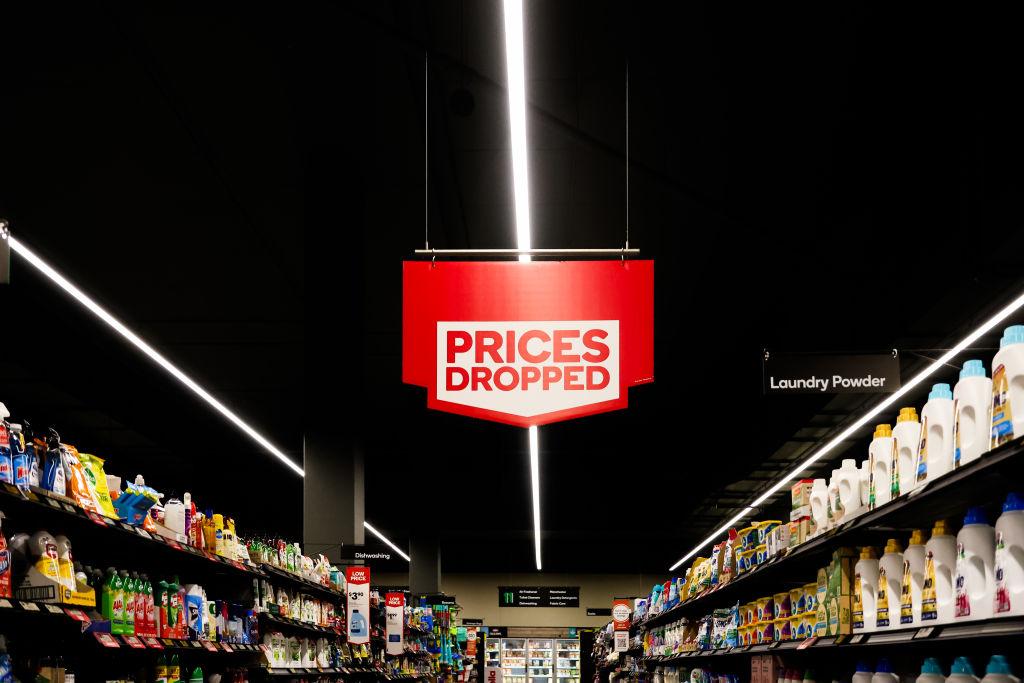The latest survey from the Australian Institute of Company Directors (AICD) has revealed the latest Director Sentiment Index (DSI), a statistical measure of confidence in the Australian economy. The findings indicate a prevailing pessimistic outlook of the economy among companies’ top management.
While there was a slight improvement in the index, the DSI continued to stay in the negative territory at -19.2.





